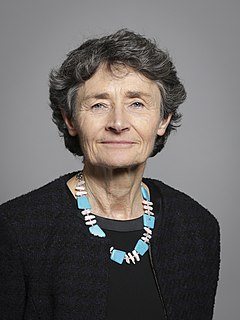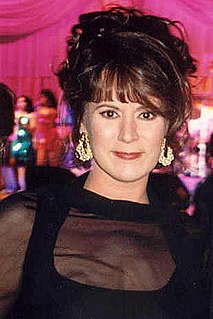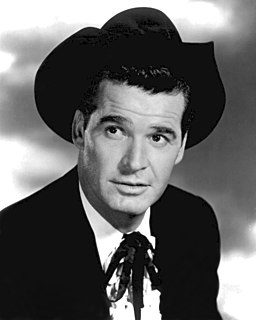A Quote by Estelle Morris
If we can modernise the workforce, make them better qualified, have this framework of qualifications, then I think they have a very good case for more money.
Related Quotes
What really matters in a workplace, what helps an employer if you've got a unionised workforce is if your shop stewards know the rules of the game, if your safety reps are taught to be able to examine situations to make sure the workplace is more safety. Better informed delegates, better workplace safety saves companies money. Unions are very good at safety. We are good at teaching delegates how to resolve disputes.
Life is all about finding yourself through experiences, and about learning more and more about who you are and what you’re capable of. If you’re getting older and not succeeding in anything or doing anything to make a positive impact on people, then you’re not living. You’re just waiting for death. Get out there and make an impact on people, whether it’s by helping them directly or by doing research to make their lives better or just by inspiring them. Do something good to be remembered for. This is more important than money.
There are people - I think this is why there are so many commercial directors doing well in big studio movies, for whom it's not a personal choice - it's "What's the coolest, most effective way to make them laugh, make them scream?" It's a very calculated approach. And that's different. It's not better or worse. It's just a very different approach to filmmaking. That's always been the case.
To walk in money through the night crowd, protected by money, lulled by money, dulled by money, the crowd itself a money, the breath money, no least single object anywhere that is not money. Money, money everywhere and still not enough! And then no money, or a little money, or less money, or more money but money always money. and if you have money, or you don't have money, it is the money that counts, and money makes money, but what makes money make money?
I seek a diverse spectrum of roles. If I just was in a large-budget feature for a younger audience, then I want to find a smaller, more character-driven piece that might be for a more mature audience. Or if I'm playing a goofier character, then maybe I want to go play a serious, psychopathic character. But at the same time, it's usually a case-by-case basis where I'm judging the merit of a role by the script I'm given, and it usually has less to do with the larger framework and more to do with how the part personally appeals to me in that moment.

































